A Proposal for the Healthcare Professions: It’s Time To Refuse to Deal in Death

The healthcare professions are rightly devoted to the restoration and maintenance of health. Deliberately delivering death is in direct opposition to these goals. For the sake of their profession and those whom they serve, healthcare professionals should refuse to participate in acts that are so utterly incompatible with their profession.
The Secularization of Vocation

On the 500th anniversary of the Protestant Reformation, it is worth returning to the thought of Martin Luther, particularly his understanding of vocation.
Contra Leo Strauss, There’s No Conflict Between Reason and Revelation
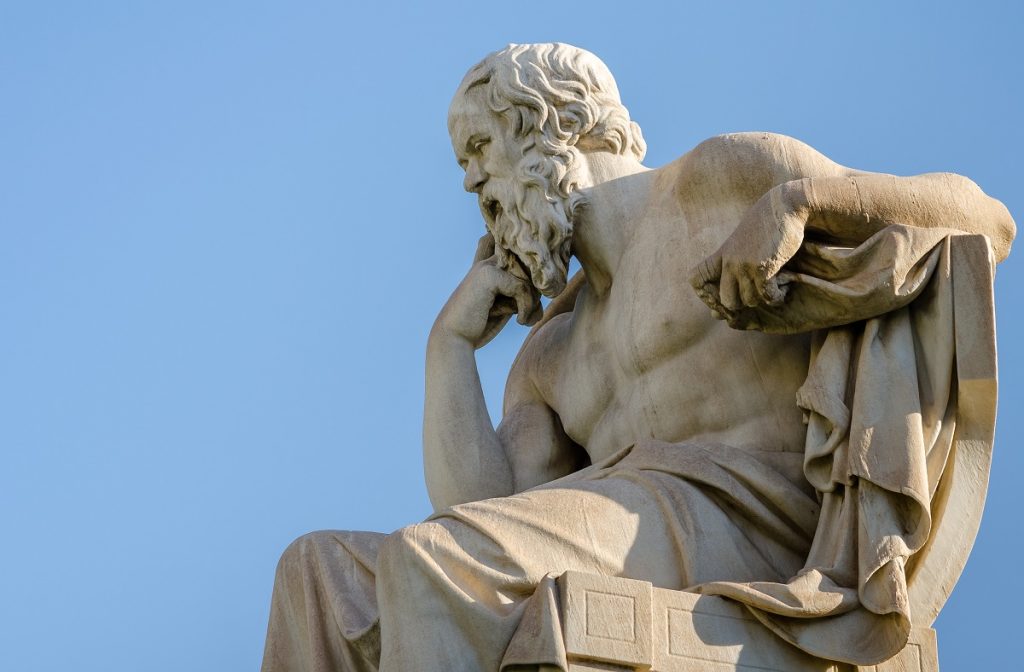
Strauss’s account of reason and revelation seems to depend for its intelligibility on an account of knowledge—upon an epistemic method and a noetic structure—itself ultimately unintelligible.
Radical Autonomy: A Dangerous Metaphysical Myth

As a bioethical principle, respect for autonomy asks far too little of our minds and hearts. When the moral stakes are highest, we degrade patients by treating them as though they were simply bundles of self-interest.
Why the Government Shouldn’t Force Bakers—Or Anyone—to Express Support for Same-Sex Marriage

Antidiscrimination laws are fully within the government’s authority—but only when the government is not using such laws as part of a campaign to compel people to express “by word or act” their support for a government-prescribed orthodoxy. The second in a two-part series.
What Masterpiece Cakeshop is Really About

The vendor-marriage cases are part of the centuries-old pattern in which governments have attempted to compel dissenters to publicly affirm and acquiesce in the dominant orthodoxy. The first in a two-part series.
Catholic Tradition, St. John Paul II, and the Death Penalty
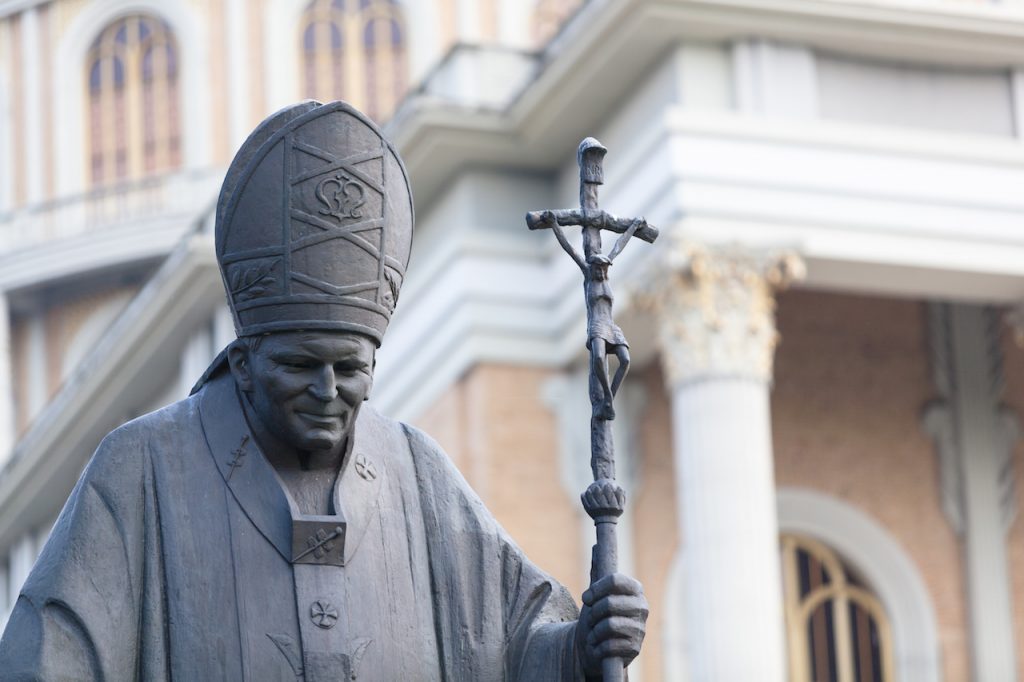
Four conditions must be met for a teaching of the Catholic Church to be considered infallible. Acceptance of the death penalty meets none of them. St. John Paul II laid down theoretical markers that provide a clear basis for a Catholic teaching rejecting the death penalty in principle. Part two of a two-part essay.
Capital Punishment Is Intrinsically Wrong: A Reply to Feser and Bessette

Edward Feser and Joseph M. Bessette’s new book asserts that Catholics cannot legitimately reject the death penalty as wrong always and everywhere. They are wrong. Part one of a two-part essay.
Embryos and Five-Year-Olds: Whom to Rescue

Both human embryos and human five-year-olds are human beings equal in fundamental worth and dignity. But there are differences between the embryos and five-year-olds that are or can be morally relevant to the decision concerning whom to rescue.
I Was an Eight-Year-Old Drag Queen

Sexualizing children has dangerous consequences. We must stand up for them before it is too late.
Not Hobbesian but Christian: Why Patrick Deneen’s Misinterpretation of the American Founding Matters
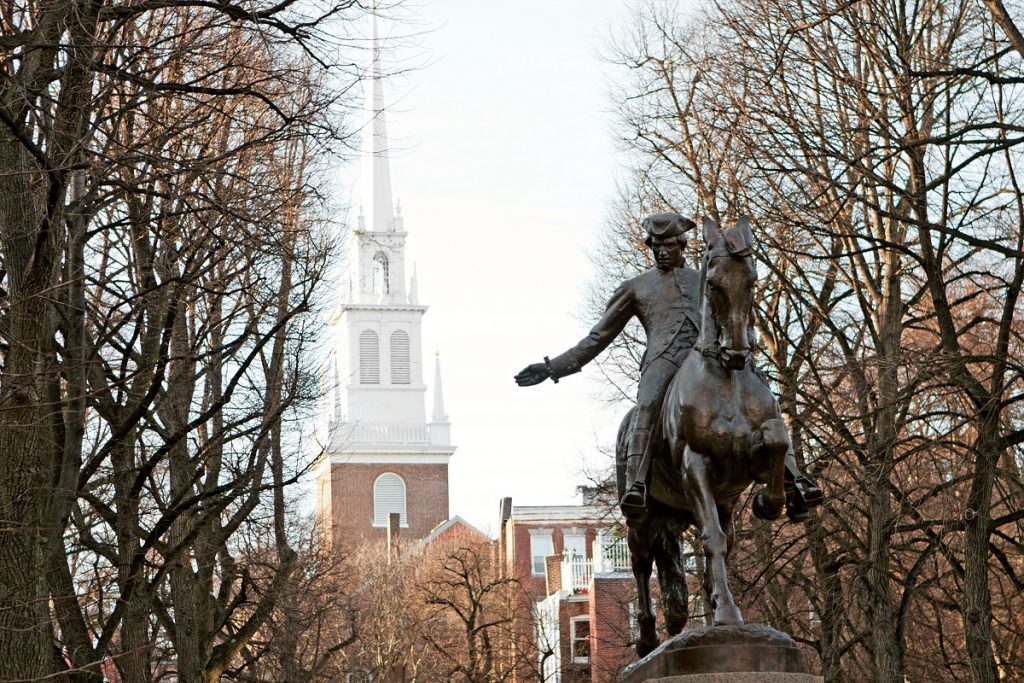
Nothing has so limited the scope of politics as has Christianity by placing man’s end in the transcendent. The Founders did not think that the summum bonum could be reached through political means, not because they were Hobbesian but because they were Christian. The second in a two-part series.
Fools or Scoundrels? A Response to Patrick Deneen
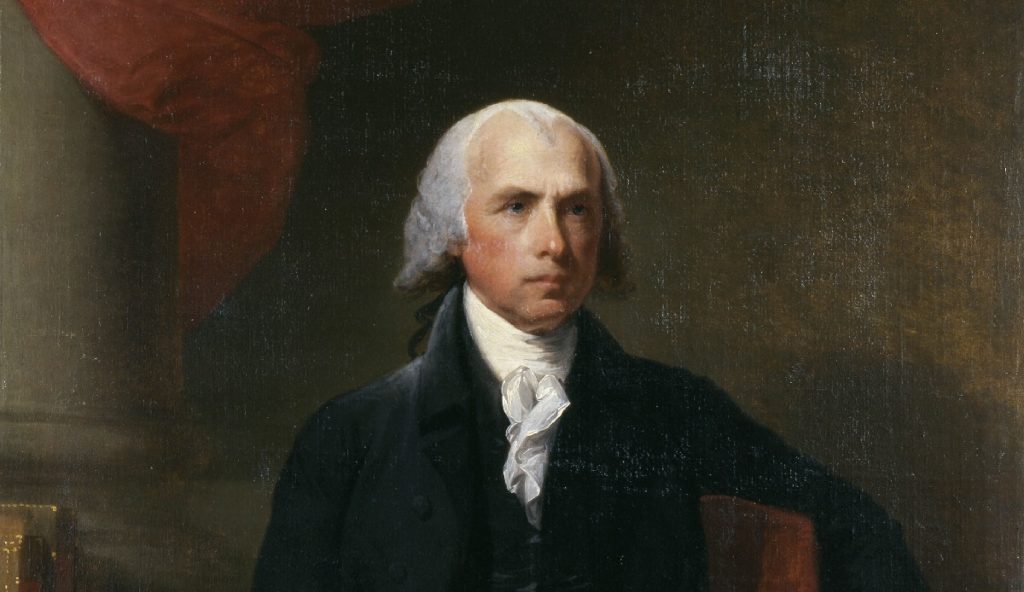
To suppose that the Founders set up a republic to vitiate the virtue on which its existence depended requires the belief that they were either stupid (by creating a Hobbesian regime and not noticing) or immoral (by doing it while cleverly lying about what they were doing). The first in a two-part series.
An Absurd Fate: What Happens to Abandoned Embryos?

A recent embryo custody battle highlights the plight of the hundreds of thousands of frozen embryos in the United States today.
Seattle Coffee Shop Illustrates Bedlam Surrounding First Amendment

A Seattle coffee shop owner’s refusal to serve “these people” stands in stark contrast to artists’ cases.
Capitalism, Conservatives, and the Intellectuals: A Reply to Matthew McManus

Not only are there many forms of capitalism, but intellectuals exert great influence in determining what type of economy we embrace—for better and for worse.
The Transgender Matrix: It’s Time to Choose the Red Pill

The transgender community isn’t sympathetic to members of the trans-matrix who want to leave. Even so, the red pill population is growing every day.
Social Transformation and the Market Economy: A Reply to Samuel Gregg

Capitalism in practice is crony capitalism. Profit-minded firms use every trick they can, including pushing for government intervention and protection, to pursue their self interest. Capitalism and liberal institutions are tremendously powerful social forces that operate both with and through the individuals who engage in economic and political activity. One of their primary features is the continuous revolution in values.
Amy Barrett, Augustine, and the Relationship between Religion and Politics
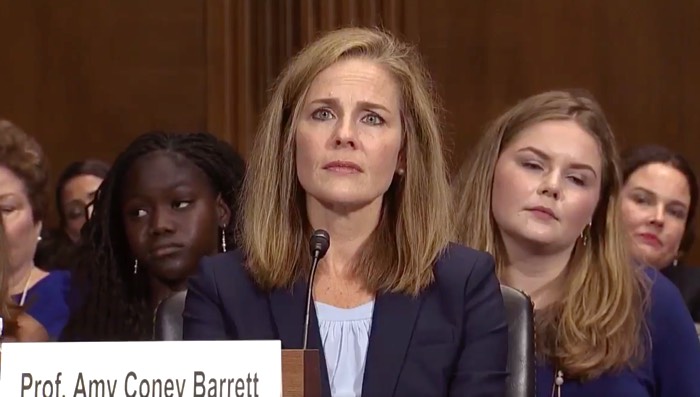
The irony of media coverage of Amy Barrett’s confirmation hearings is that, in fact, Barrett is the one arguing for the truth that religion and politics need to be separated. She believes this because of her Catholic faith, not in spite of it.
Fr. James Martin on Marriage, Sexual Morality, and the Church’s Teachings: A Solution to the Puzzle
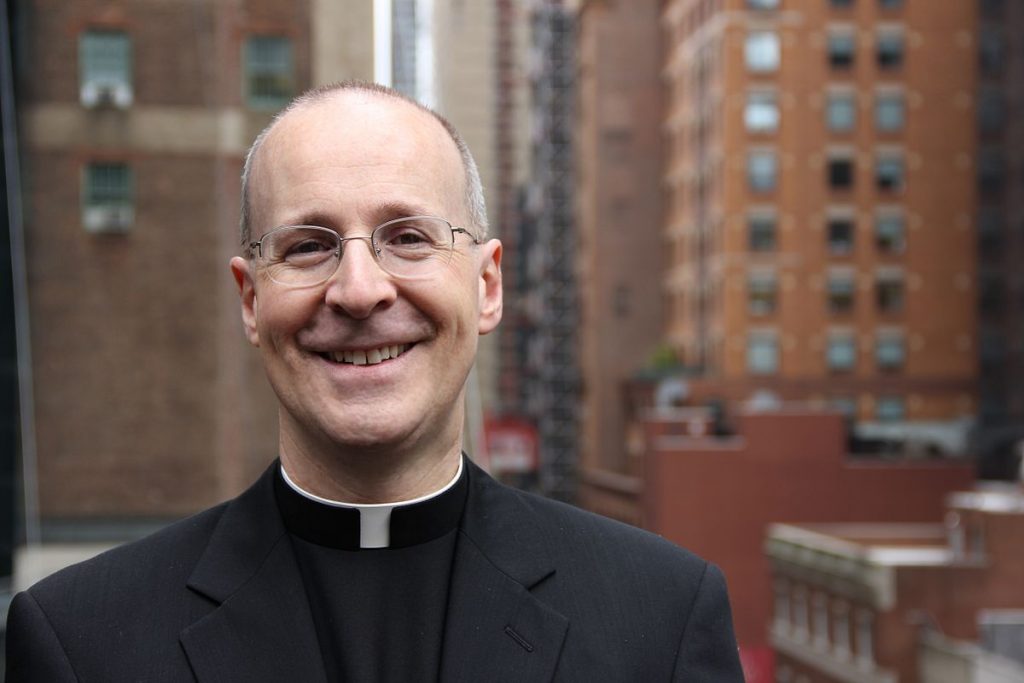
Does Fr. James Martin in fact reject the Church’s teachings on sex and marriage? If so, why does he insist that he does not?
The Playboy Lifestyle and the Death of Sexual Complementarity

The Playboy account of complementarity is nothing more than an intellectualization of domination and dehumanization. Though some envision Hugh Hefner as a martini-drinking gentleman surrounded by beautiful women, it is better to think of him as a coward.
Forcing Faith-Based Organizations Out of Foster Care and Adoption Hurts Children

Driving out those child welfare providers that have been at the forefront of caring for children for centuries fails to respect the rich and diverse religious pluralism of our nation. Their absence will not benefit same-sex couples, but it will harm children.
Christianity and American Founding Principles: A Response to Patrick Deneen and Robert Reilly

When it comes to Christianity, the Enlightenment, and the American Founding, Patrick Deneen and Robert Reilly are both right.
Betraying Liberal Education: A Response to President Paxson of Brown University

Today’s universities are allergic to making substantive claims about what it means to live well in a good society. But liberal education, rightly understood, is a long, arduous apprenticeship of self-mastery.




